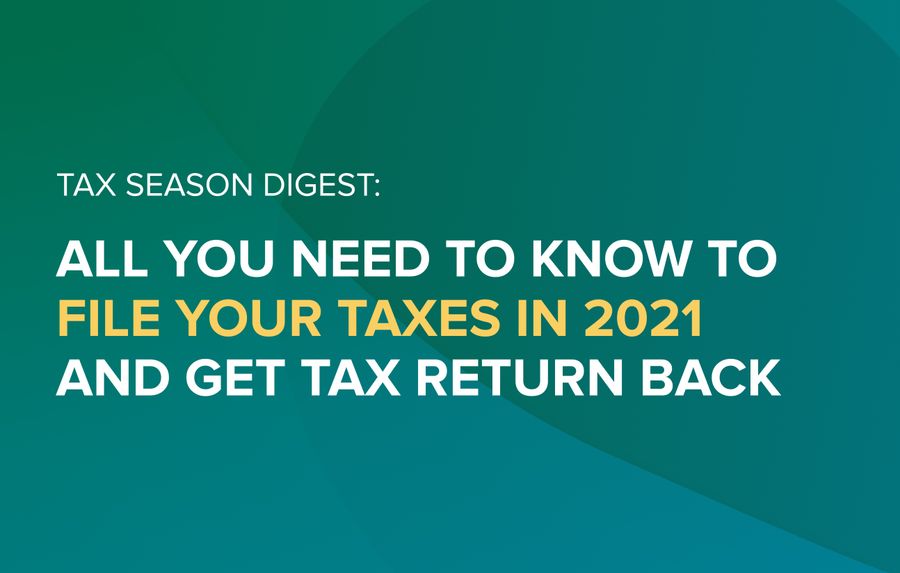Tax season began on February 12, 2021 and will last until the deadline of April 15, 2021. Though it’s possible the IRS may extend the filing deadline, it’s always best to complete the filing process in a timely manner.
Landlords and property owners can enjoy many tax benefits, such as deductions for property depreciation, insurance, loans, business-related credit card interest, utilities, and more.
We’ve gathered some helpful resources for the 2021 filing season and will be updating the resource digest on a regular basis:
Tips for Taxpayers
The IRS has released tips on how to more easily file taxes this year:
- File electronically to receive your return earlier. Paper submissions could take longer to process due to the pandemic.
- Check IRS.gov for information on tax filing and Economic Impact Payments.
- If you did not receive your full Economic Impact Payment, you could be eligible for the Recovery Rebate Credit. Learn more here.

Here’s What’s New for Your 2020 Return
Due to the COVID-19 pandemic and changes in many workplaces’ policies, there have been notable changes in the tax preparation process. To better understand which expenses are tax deductible and how working remotely might affect your tax return, check out this source.
What to Expect from the 2021 Tax Filing Season
Information about general tax changes and 1040 forms for the 2021 season can be found in the latest TenantCloud article.
General Changes for 2021
The standard deduction is higher this year (for single filers, it went from $12,200 last year to $12,400 this year). Income tax brackets are wider this tax season (see the tables below). Also, some tax breaks, including mortgage insurance premium deductions, are still applicable. In addition, although residential energy credits have been reduced compared to last year, using energy efficient products is still beneficial.



Accounting Methods for Landlords: Cash-basis or Accrual
Landlords can use either cash-basis or accrual accounting methods to report income and expenses on taxes. The cash-basis method tracks when money goes in and out of your accounts, regardless of when that money is technically due or owed. The accrual method tracks when something is technically earned or owed, not when it actually changes hands.
Learn more here.

Tax Deductions for Landlords
The real estate rental category is eligible to write off more expenses than many other categories, so it is important to be aware of the benefits available to you.
Read more about tax deductions for landlords in the following articles:
Tips to Protect Your Identity During Tax Season
To protect your identity and stay safe while filing taxes online, review the tips collected in this article.

.
Tax Season Amid the Pandemic (infographic)
Passive Activity Loss Rules: Rental Property Limitations for Landlords






